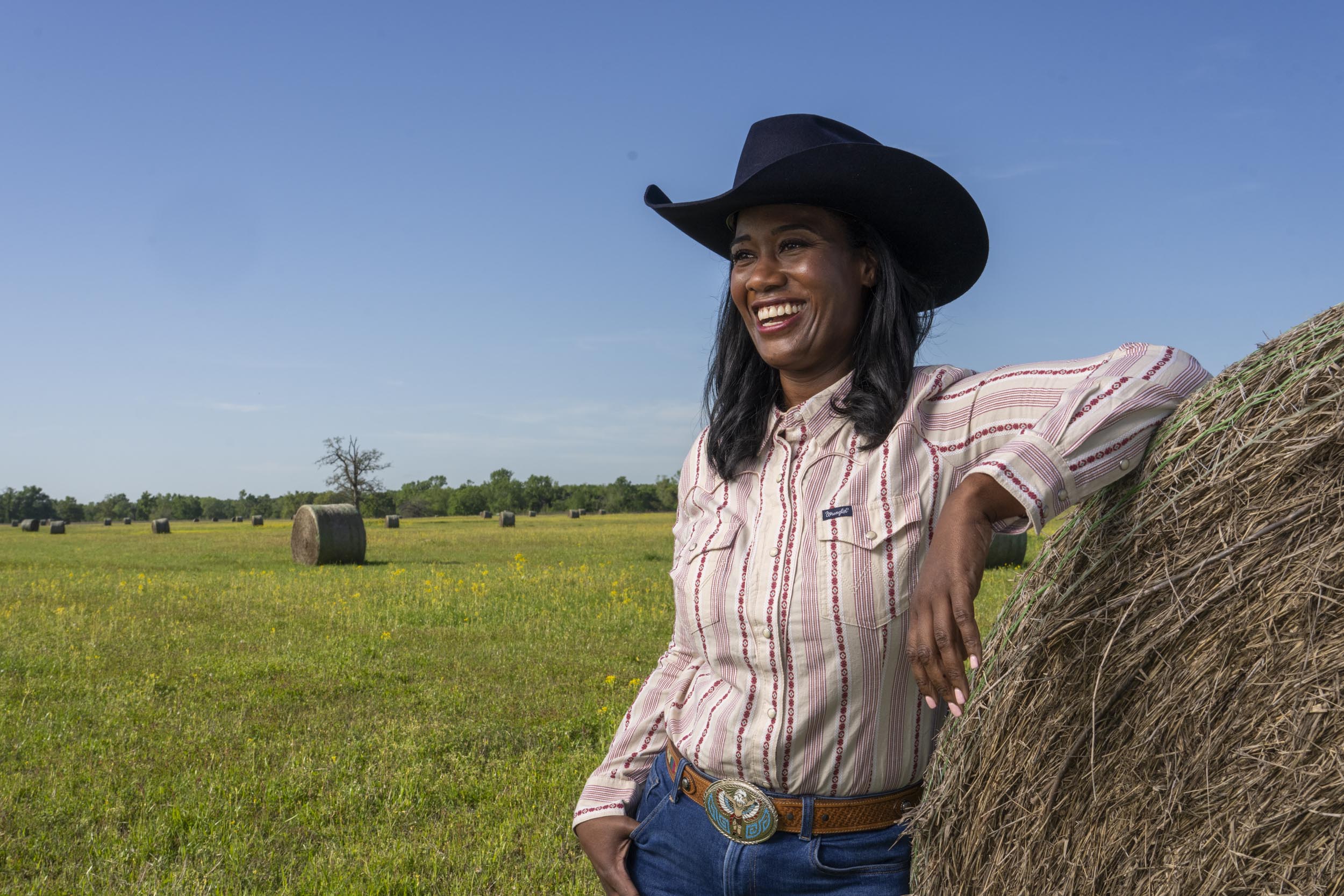

Kimberly Ratcliff shared their story and experiences with us recently and you can find our conversation below.
Kimberly , we’re thrilled to have you with us today. Before we jump into your intro and the heart of the interview, let’s start with a bit of an ice breaker: What do you think is misunderstood about your business?
One of the biggest misconceptions about the cattle industry is that it’s dominated by big corporations. While those companies do exist, the heart of this industry is still made up of small, multigenerational family ranches like mine. Ranching is often passed down through families, rooted in tradition, land stewardship, and pride in producing high-quality beef.
Another major misunderstanding is around how meat gets to your plate. Many people assume the only way to get premium beef is by shopping at upscale grocery stores, but that’s not always the case. In fact, the best quality often comes directly from the source—a rancher who knows the animals, manages every part of the process, and is focused on quality over mass production. When you buy from a local ranch like ours, you’re getting meat that’s traceable, ethically raised, and held to the highest standards—because we care about every step from pasture to plate.
Can you briefly introduce yourself and share what makes you or your brand unique?
My name is Kimberly Ratcliff – I’m a third-generation rancher and the founder of Ratcliff Premium Meats. I run our family’s cattle operation in East Texas, where we raise pasture-raised beef and control the entire process from ranch to table. Before coming back to the ranch, I worked on Wall Street, but I saw a disconnect between consumers and where their food comes from — and I knew I had to be part of the solution.
Ratcliff Premium Meats was built on a commitment to quality, transparency, and family. What makes our brand unique is that we raise our own cattle, handle our own processing, and sell directly to customers — so when people buy from us, they’re getting beef they can trace back to the land and the people who raised it. It’s not about mass production for us; it’s about doing things the right way, with care and integrity.
Right now, we’re working on expanding access to our meat across the nation and deepening our partnerships with chefs, schools, and communities who care about where their food comes from. We believe in educating the next generation about sustainable ranching and preserving the legacy of small family farms — especially in a time when those voices are being lost in the industry.
Appreciate your sharing that. Let’s talk about your life, growing up and some of topics and learnings around that. Who taught you the most about work?
Without a doubt, my dad, Wesley Ratcliff, taught me the most about work — and about life. He’s the one who brought agriculture into my life at an early age. No matter where we lived, he always made sure we had land, livestock, and crops. He believed that having land wasn’t just about owning property; it was about learning to provide for ourselves, care for the animals, and respect the resources we were given.
My dad worked as an engineer at NASA, helping with the U.S. mission to circumnavigate the moon, but even while working in that high-tech world, he never lost sight of the value of the land. When he moved back to Texas and bought Caney Creek Ranch, it was with a vision that family farming and ranching could still thrive if we stayed true to our values.
From him, I learned that hard work, consistency, and stewardship are the foundation of success. He taught me that the land can teach you just as much as any classroom — about patience, responsibility, and providing for others. My mission now is to inspire others to see that same value in the land and to encourage more people to become true stewards of it.
When did you last change your mind about something important?
When I first came back to the ranch, I thought I was returning to build a future for my own family — to make our operation generational and preserve what my dad had started. But over time, I realized that my purpose was bigger than that. I wasn’t just here to strengthen our family’s legacy — I was here to help other families in our community do the same.
So many small ranches around us were struggling — not because they lacked passion or work ethic, but because they lacked access to resources, support, and markets. I saw families who had land but didn’t know how to make it profitable or how to pass it on to the next generation. That’s when my perspective shifted. I realized that my calling wasn’t just to protect our land — it was to help others see the value in theirs.
That shift in mindset is what led us to start the Ratcliff Community Base Organization. It’s focused on helping underserved ranching families improve their operations, access funding, and build long-term sustainability. Because if one ranch survives, that’s great — but if a whole community of ranchers thrives, that’s transformational.
So a lot of these questions go deep, but if you are open to it, we’ve got a few more questions that we’d love to get your take on. What’s a cultural value you protect at all costs?
One of the cultural values I protect above all else is generational sustainability. For me, that means doing everything we can — not just in the day-to-day ranch operations, but in how we structure and manage the business — to make sure Ratcliff Premium Meats lasts well beyond our time.
It’s not just about running cattle or selling beef. It’s about building something that’s structurally sound — financially, legally, operationally — so the next generation can step in and continue the work with confidence. My dad set that example when he returned to Texas and bought our ranch with a vision to make it profitable and long-lasting. Now, it’s my responsibility to carry that torch, and to make sure we’re setting up the next generation with even more tools and stability than we had.
That’s what legacy really means to me — not just passing down land, but passing down a thriving, resilient business that can keep feeding communities, supporting families, and honoring our values for decades to come.
Okay, we’ve made it essentially to the end. One last question before you go. What is the story you hope people tell about you when you’re gone?
I know my name is Kimberly Ratcliff — but when people talk about the legacy I leave behind, I don’t want the focus to be on me. I want them to look around and see a thriving community — one that exists because of the work we all did together. If my name comes up, I hope it’s only as a thread in a much bigger story.
What matters to me most is that we’ve built something lasting. That we inspired the next generation to return to the land. That we showed fellow ranchers how to take control of the entire process — from gate to plate — and realize the full value of what they’re producing. That we helped people move beyond just raising and selling cattle to understanding the business side, the marketing side, the systems that allow small farms to be truly profitable.
And I want people to know that meat from small family farms isn’t just good — it’s exceptional. Our community is producing top-quality beef with integrity, care, and deep knowledge. That deserves recognition, respect, and reward.
So if the story people tell is about a strong, resilient, innovative ranching community that came together, grew stronger, and thrived — then that’s the story I want to be a part of.
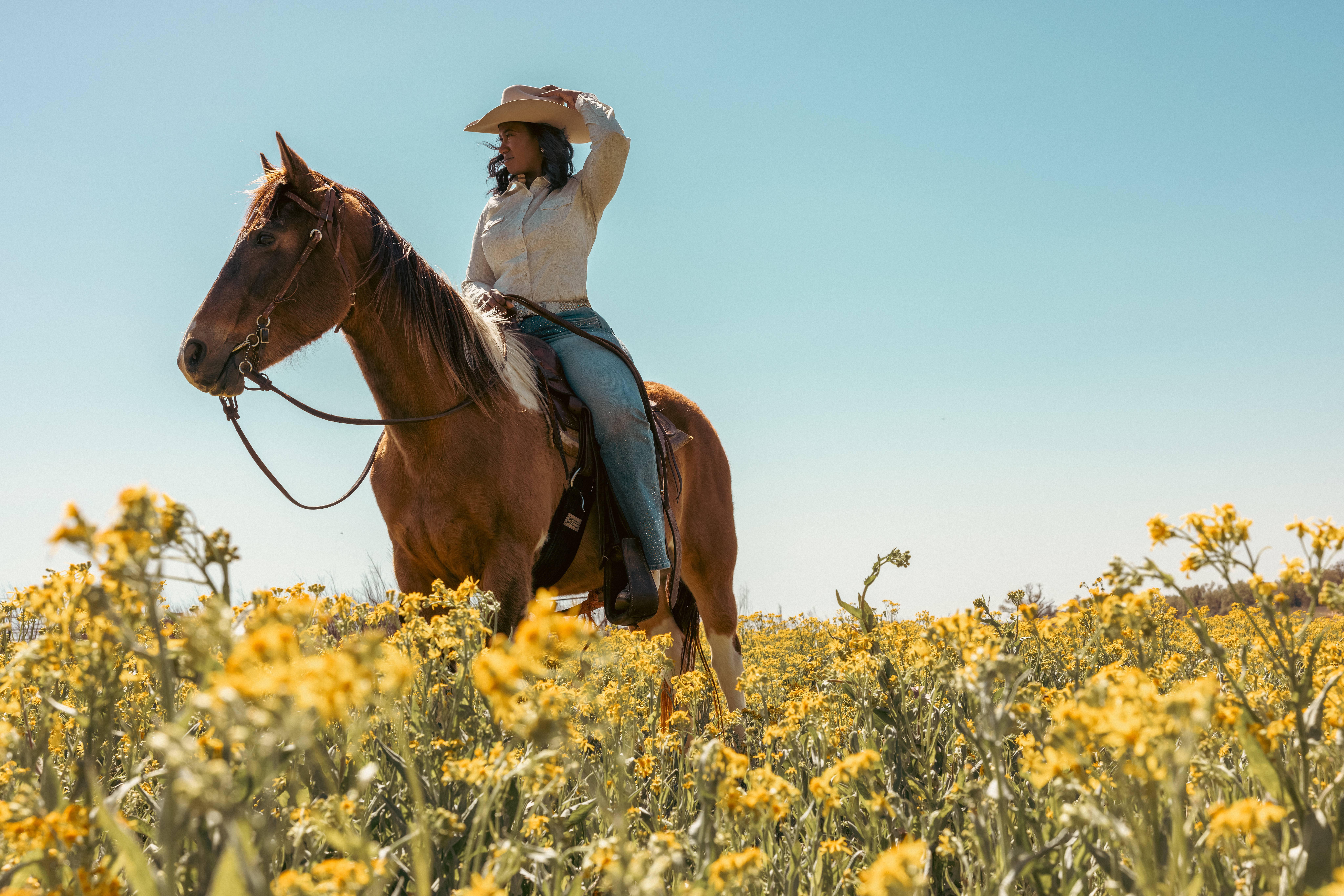
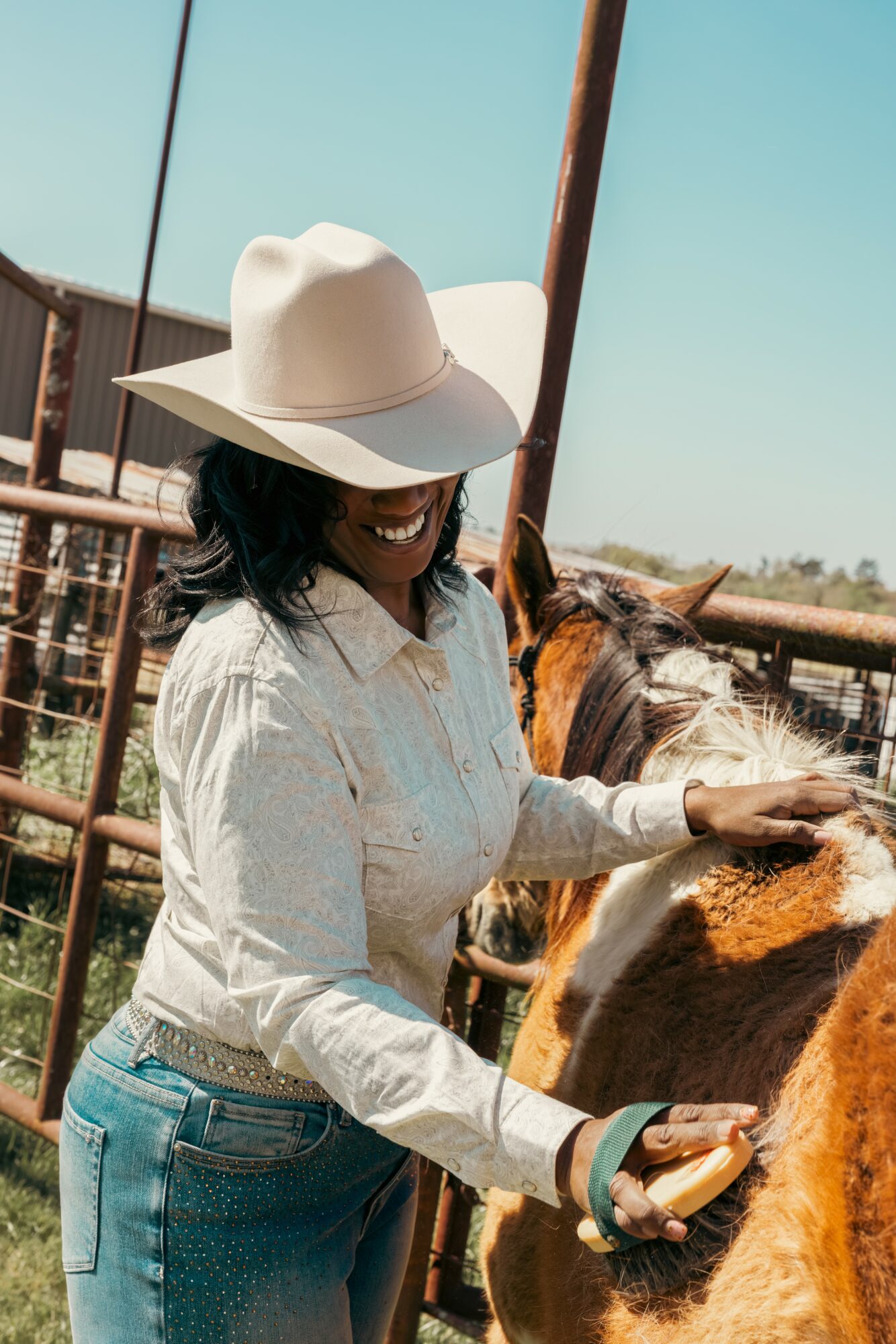
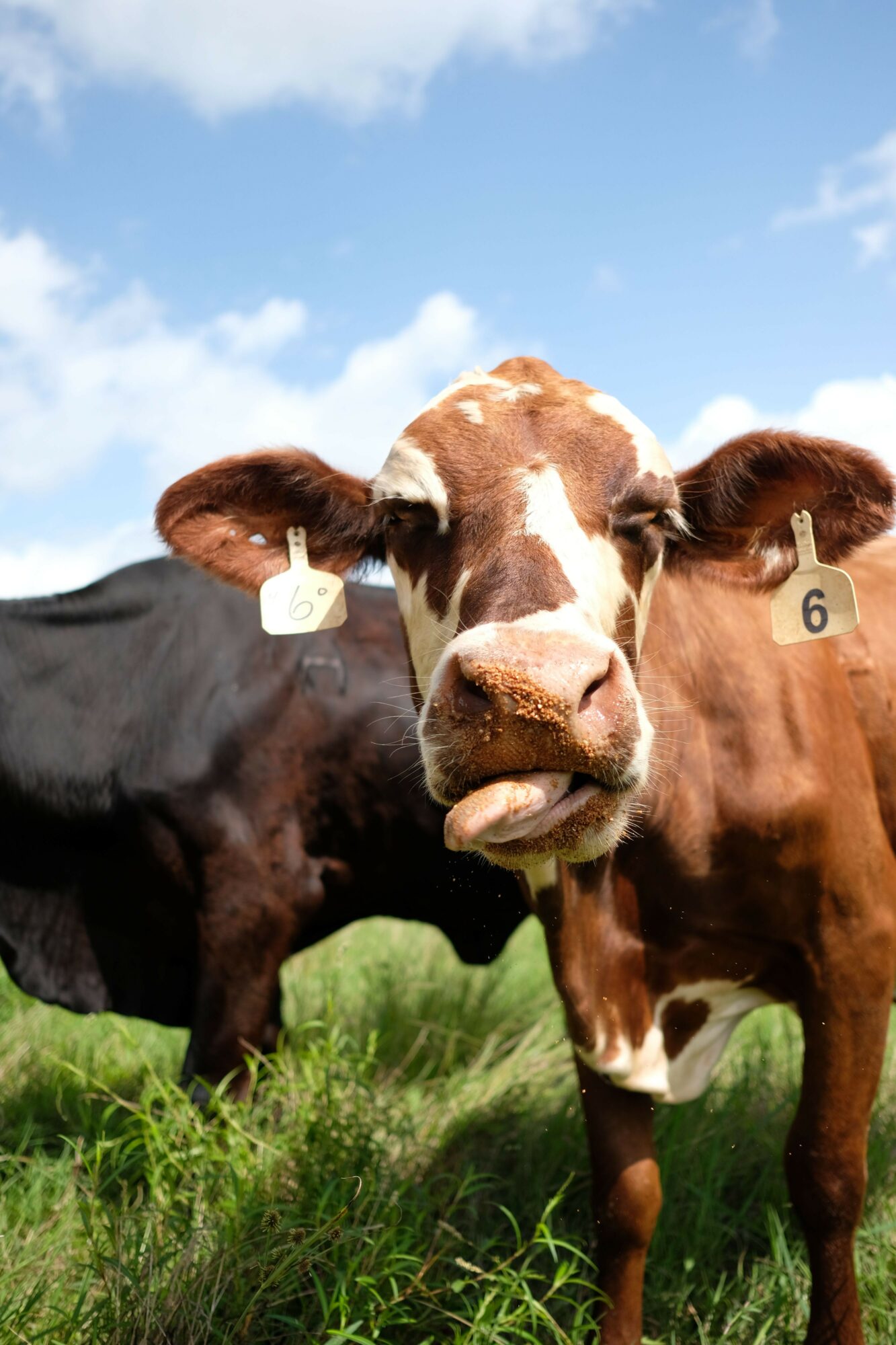
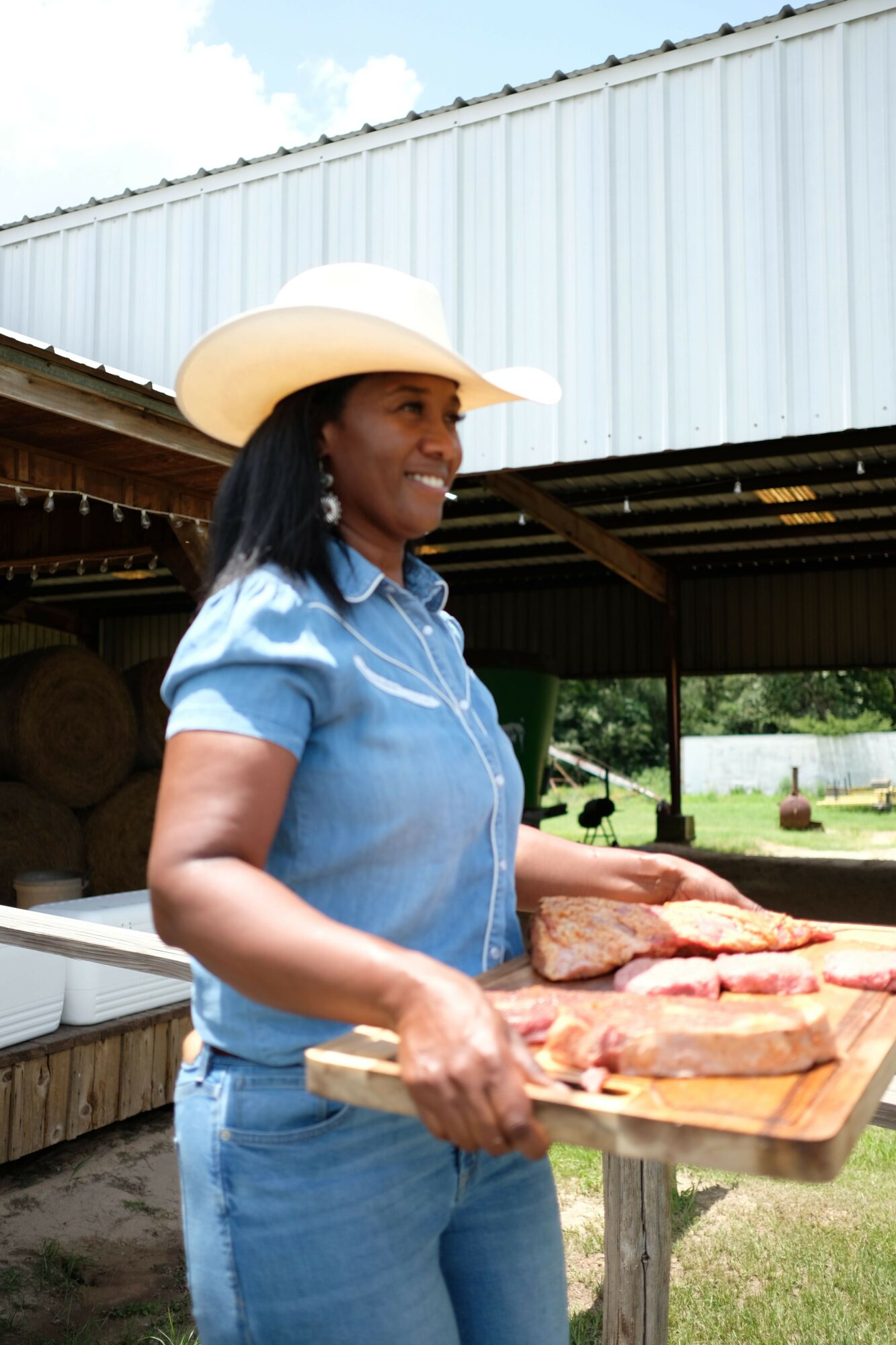
Image Credits
Wynn Myers Photographer, Texas Parks & Wildlife Foundation, Ratcliff Premium Meats










